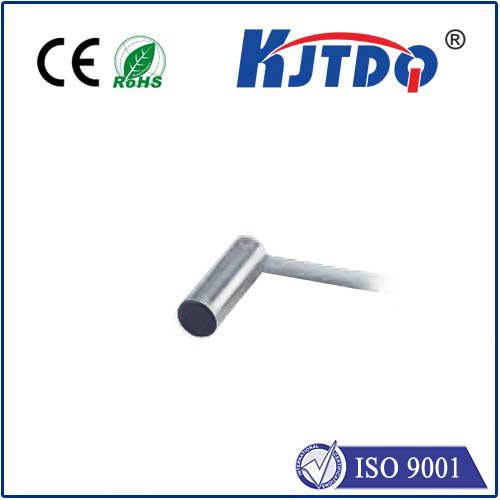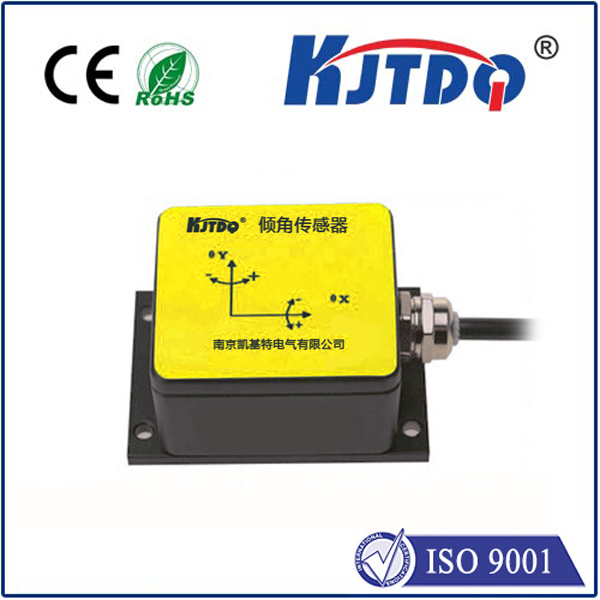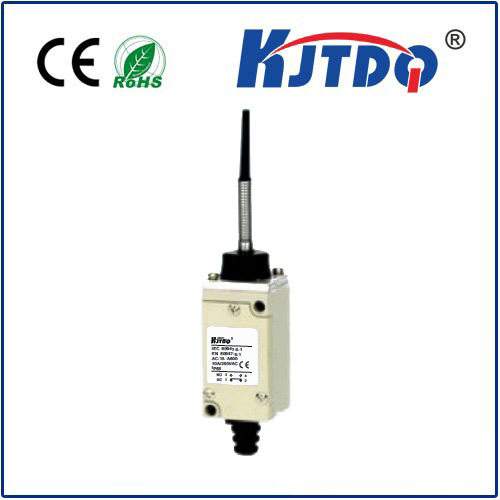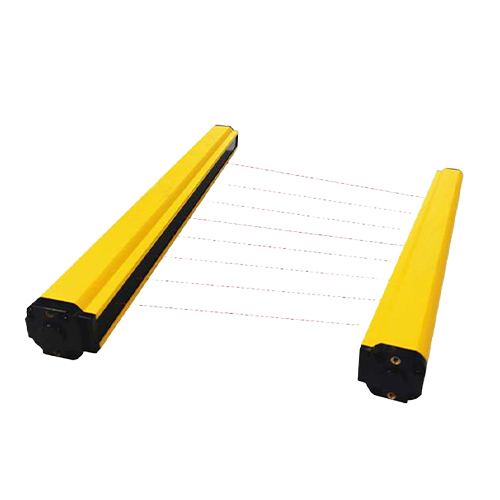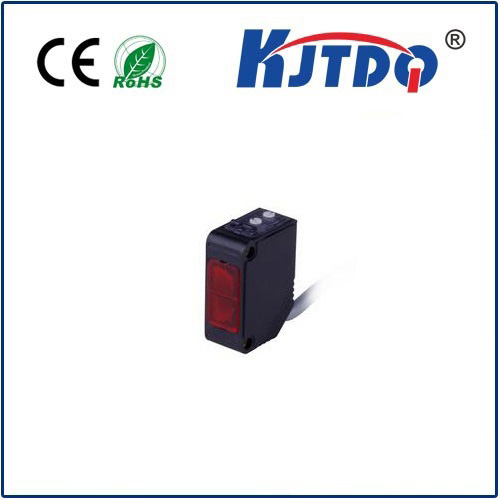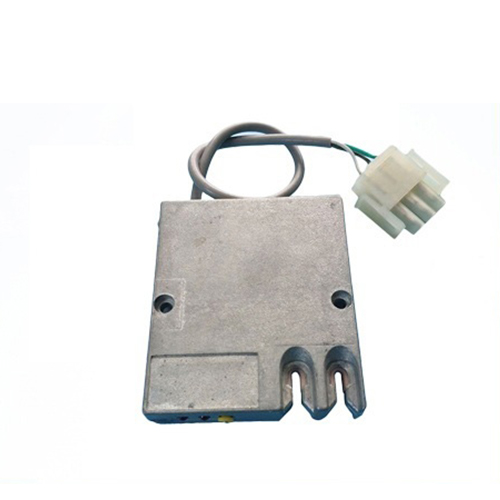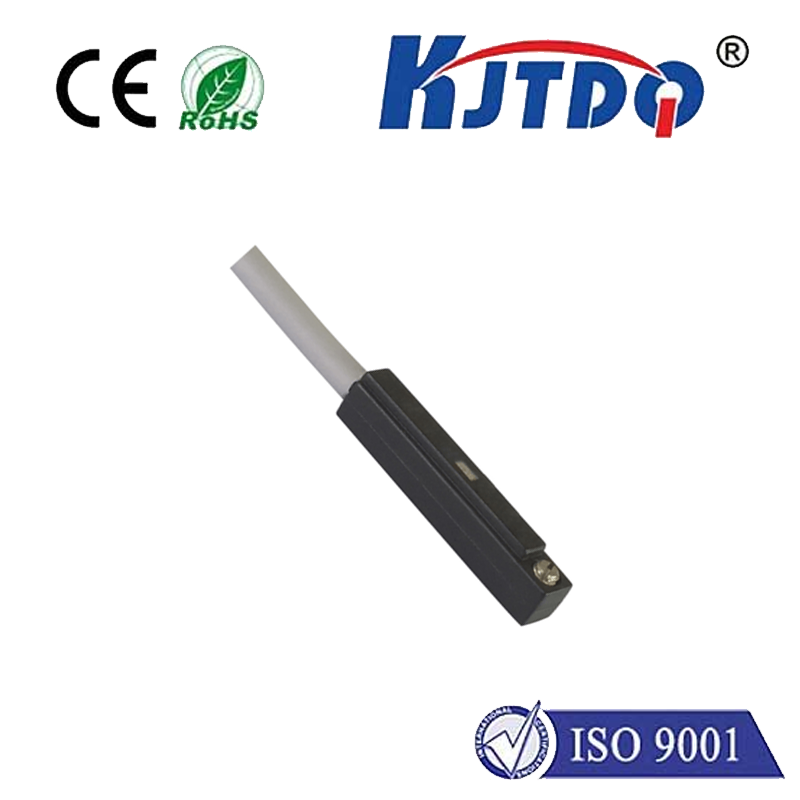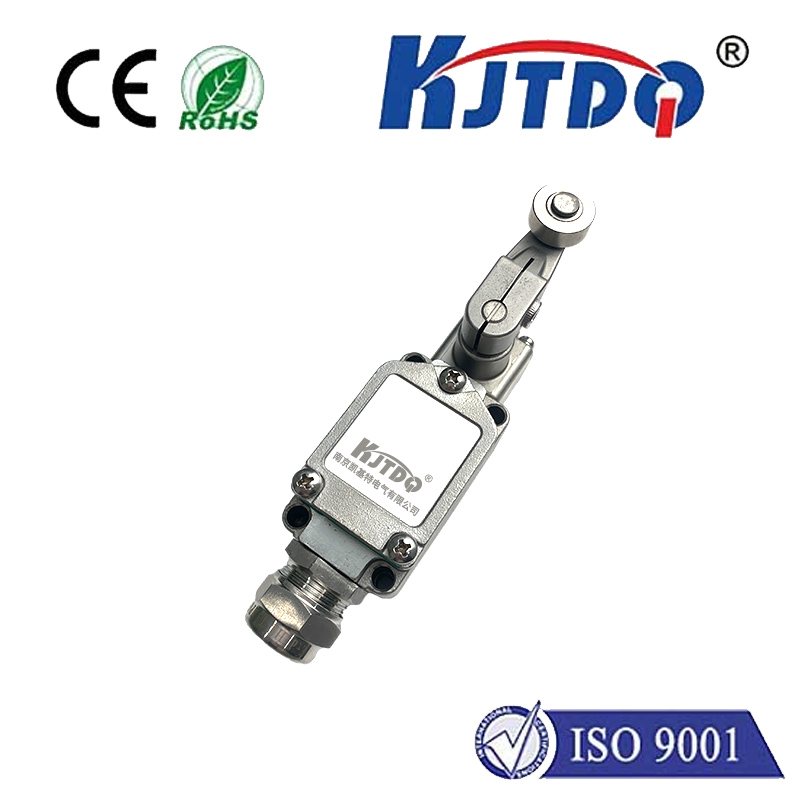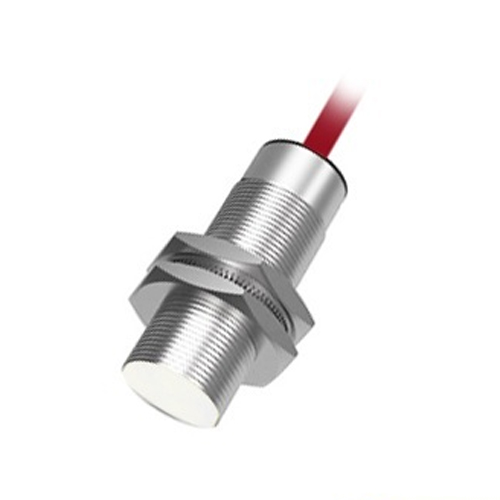

check

check

check

check

check

check

check

check

check

check
Understanding the Functionality of a Limit Switch 220V
Limit switches are fundamental components in industrial automation and machinery control. They are sensors that are used to detect the position or presence of an object within a system. The 'limit switch 220V' is a type of limit switch that is specifically designed to handle electrical currents up to 220 volts. It is crucial to understand its functionality, as it can significantly impact machine performance and safety standards.

The primary role of a limit switch is to send a signal when a mechanical device reaches a preset position. In other words, they act as an 'on/off' mechanism for various operations. For example, when an assembly line conveyor belt reaches the end of its path, a limit switch can halt further movement, preventing potential damage or accidents.
A 220V limit switch operates on alternating current (AC) power sources. This voltage range makes it suitable for use with standard household and commercial electrical systems found in many countries. The ability to work at such voltages means the switch can manage higher power demands without risking overheating or damage.
Safety features are built into these switches. They include robust housing to protect against dust and moisture, along with insulated contacts to prevent short circuits. These features ensure that the switch can operate reliably even under harsh conditions.
Installation of a limit switch 220V requires precise positioning to accurately monitor and control machinery. Proper wiring techniques must be followed to maintain safety and avoid any electrical mishaps. It's also essential to periodically inspect these switches for wear and tear, ensuring they continue to function correctly over time.
In summary, the limit switch 220V is more than just a component; it is a guardian of operational efficiency and safety in industrial settings. By understanding its key roles and electrical requirements, engineers and maintenance personnel can leverage this tool to enhance productivity while minimizing risks.
